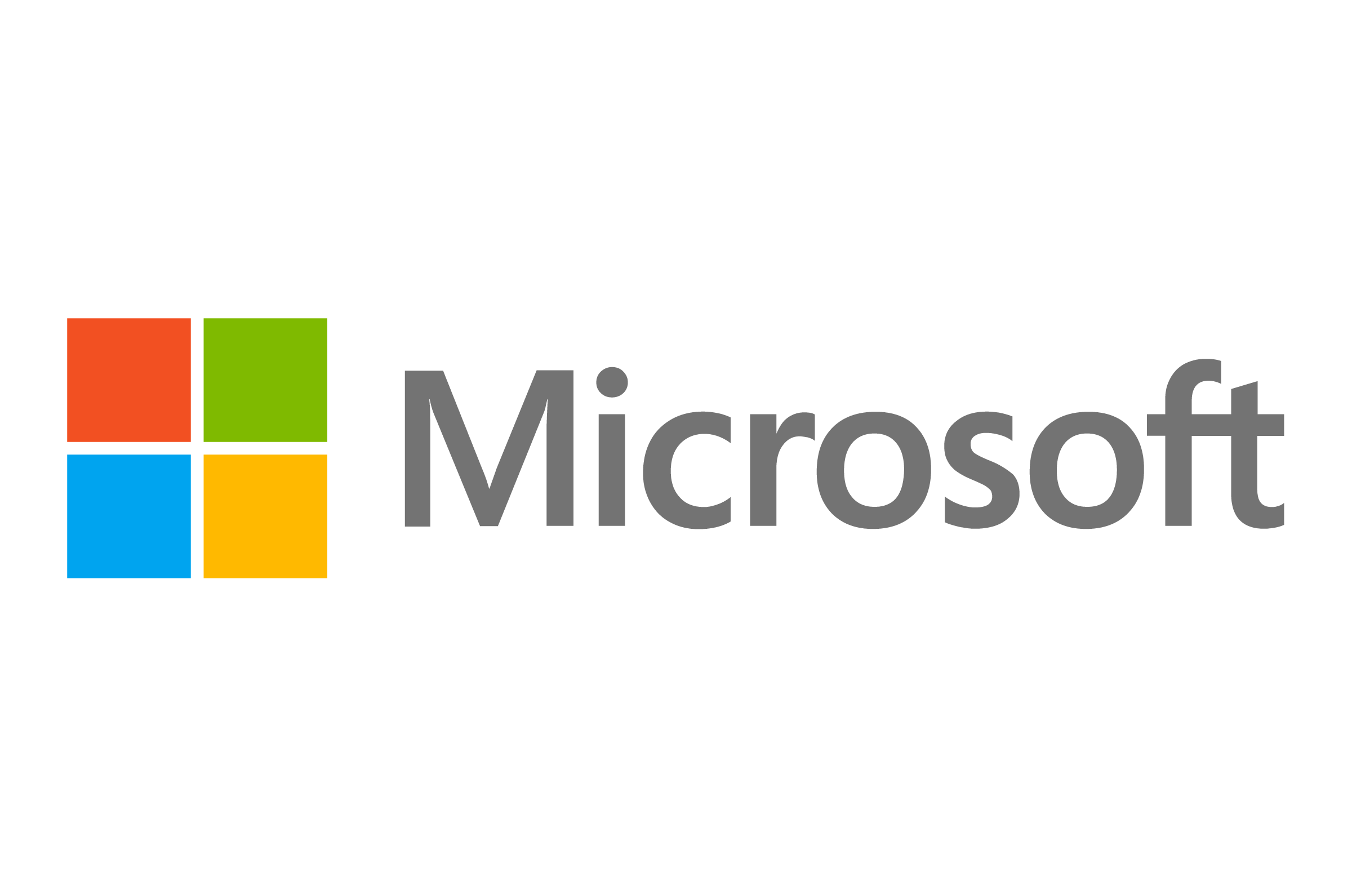Red Mosquito - Blog
Windows 7 End of Support – may put your business at risk

Windows 7 was one of Microsoft’s most popular operating systems and many of us are still depending on it on a daily basis. It’s estimated that around one third of the world’s PCs and laptops are still using this system. A significant challenge lies ahead for businesses throughout Scotland as Microsoft extended support for this product will end on 14 January 2020. In effect, making Windows 7 obsolete. Often businesses can be slow to upgrade to a new system. The demands on both time and moneycan make this a challenge, particularly for SMEs. Frequently, businesses are running legacy systems, which depend on the old OS, so they delay upgrades. Sometimes the system change can reveal a need for new hardware and also create a training need for employees. These factors often combine to create a burden on the resources of a SME.
Not acting, however, is not an option – unsupported software will leave your business vulnerable to cyber security risks as Microsoft will no longer patch security flaws on this system. For many businesses, inaction on this issue will mean they are no longer meeting compliance standards of regulatory bodies or accreditations they hold, including Cyber Essentials and ISO 27001. Similarly, you will no longer be compliant with GDPR as you will be failing to protect personal data held on your system.
With just 6 months left to prepare, it is important to give this issue attention now. Windows Server 2008 also reaches end of life in January 2020 and this will create additional security risks for users that need to be addressed now. When the end of life date arrives, both Windows 7 and Windows Server 2008 will still work but will not receive security patches. This leaves your network exposed and will provide an easy target for hackers with new viruses and malware which evolves daily.
How can you prepare?
We are currently supporting all of our IT Support customers across Glasgow and Edinburgh to prepare for the Windows 7 upgrade to Windows 10. A smooth transition requires does take time and planning and requires you to:
- Audit your system to locate machines which need to be updated
- Identify legacy systems which are dependent on the older OS
- Prepare a budget forecast and timeline for replacements
- Complete an analysis and plan for any machines which cannot be upgraded
- Create a staff training program
We can manage all aspects of this project for our IT Support customers from a system audit through to procurement, installation and training.
If you need advice on your Windows 7 upgrade, our friendly and knowledgable technicals consultants can help. Contact us if you would like to arrange a chat about your requirements.
RedMosquito provide IT Support and IT Security Services to SMEs across Glasgow, Edinburgh and throughout Scotland.

The Growing Importance of Cybersecurity for Irish SMEs in 2025
Introduction The digital world is evolving at an unprecedented pace, and with it, the risks that businesses face are also growing. Cybersecurity is no longer just a concern for large corporations; it has become a critical priority for Small and Medium Enterprises (SMEs) in Ireland. Many SMEs mistakenly believe that[…]

The Future of IT Support: How Irish Businesses Can Stay Ahead in 2025
Introduction The way businesses approach IT support is undergoing a significant transformation. In the past, IT support was primarily reactive—companies would only call for help when something broke. However, in 2025, Irish businesses must adopt a proactive approach, ensuring that systems remain efficient, secure, and[…]

Disaster Recovery Planning: Why Irish Businesses Need It in 2025
Introduction Unexpected IT failures, cyberattacks, and natural disasters pose serious risks to businesses. Without a solid disaster recovery plan (DRP), companies may suffer data loss, operational downtime, and financial damage.

Cloud Computing Trends: How Irish Businesses Can Benefit in 2025
Introduction Cloud computing is no longer just an IT trend; it has become the foundation of modern business operations. Over the past decade, companies in Ireland have transitioned from traditional on-premise IT infrastructure to cloud-based solutions, benefiting from scalability, flexibility, and cost efficiency.